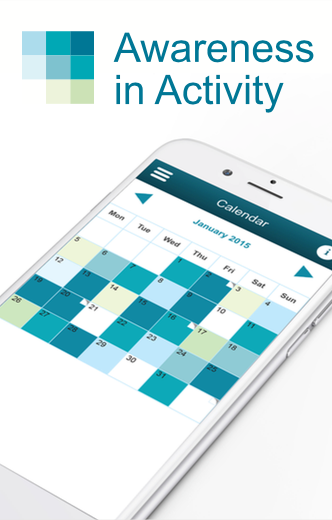Journal of Behavior Therapy and Experimental Psychiatry,
Volume 54, Pages 143-149 (March 2017)
Highlights
• People with mild-moderate depressive symptoms have slumped posture.
• Upright posture can reduce fatigue and increase high arousal positive affect.
• Upright posture can increase speech and reduce first-person singular pronoun use.
Background and objectives
Slumped posture is a diagnostic feature of depression. While research shows upright posture improves self-esteem and mood in healthy samples, little research has investigated this in depressed samples. This study aimed to investigate whether changing posture could reduce negative affect and fatigue in people with mild to moderate depression undergoing a stressful task.
Methods
Sixty-one community participants who screened positive for mild to moderate depression were recruited into a study purportedly on the effects of physiotherapy tape on cognitive function. They were randomized to sit with usual posture or upright posture and physiotherapy tape was applied. Participants completed the Trier Social Stress Test speech task. Changes in affect and fatigue were assessed. The words spoken by the participants during their speeches were analysed.
Results
At baseline, all participants had significantly more slumped posture than normative data. The postural manipulation significantly improved posture and increased high arousal positive affect and fatigue compared to usual posture. The upright group spoke significantly more words than the usual posture group, used fewer first person singular personal pronouns, but more sadness words. Upright shoulder angle was associated with lower negative affect and lower anxiety across both groups.
Limitations
The experiment was only brief and a non-clinical sample was used.
Conclusions
This preliminary study suggests that adopting an upright posture may increase positive affect, reduce fatigue, and decrease self-focus in people with mild-to-moderate depression. Future research should investigate postural manipulations over a longer time period and in samples with clinically diagnosed depression.







